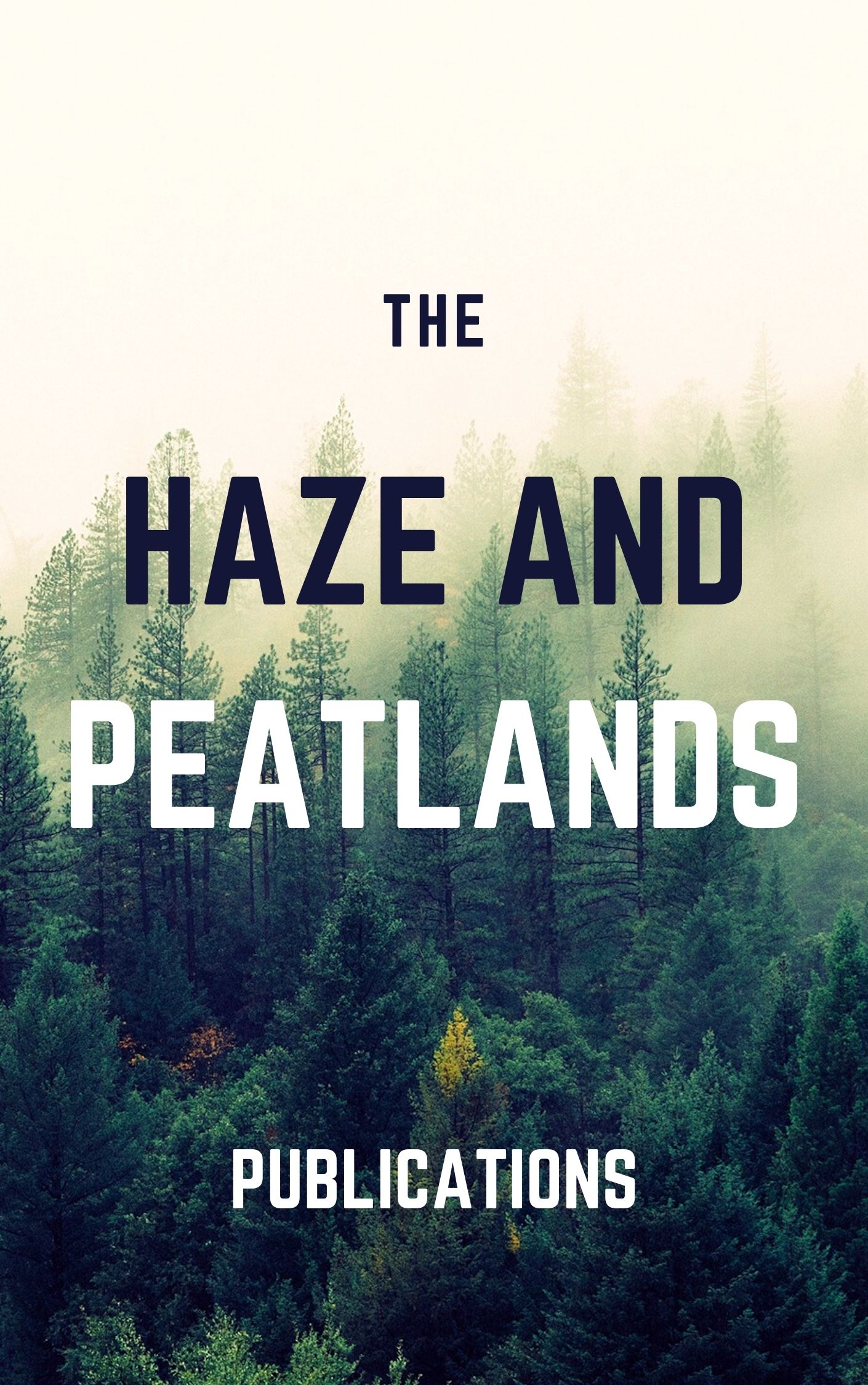Background. Many natural resource-related conflicts throughout the globe have resulted in environmental degradation. In Sumatra, Indonesia, a conflict occurred between a timber company and the local community over peatland water sharing, causing annual peatland fires in the transition zone of biosphere conservation. Aim. This study seeks to critically analyse what turning points shifted this conflict to collaboration and what roles did the convener play in the processes involved in transitioning these relationships from conflict to collaboration. Methods. The data were collected through face-to-face interviews, participatory observations, document analyses, and GIS mapping carried out in 2016, 2018, and 2020. Key findings. The findings show that: (1) the conflicting parties realised that there is uncertainty about the problem of peatland fires they face; (2) each party is mutually dependent, for example, concerning legitimacy and knowledge sharing of the fire mitigation; and (3) they are interested in obtaining consequential incentives, such as funding for the local community and mandatory regulation for the timber company. Conclusion. We argue that the convener's role through its legitimacy, facilitation, mandate, and persuasion is critical. Implication. Without the convener's presence, the conflict may have never been resolved and could not be turned into collaborative action.
View source

